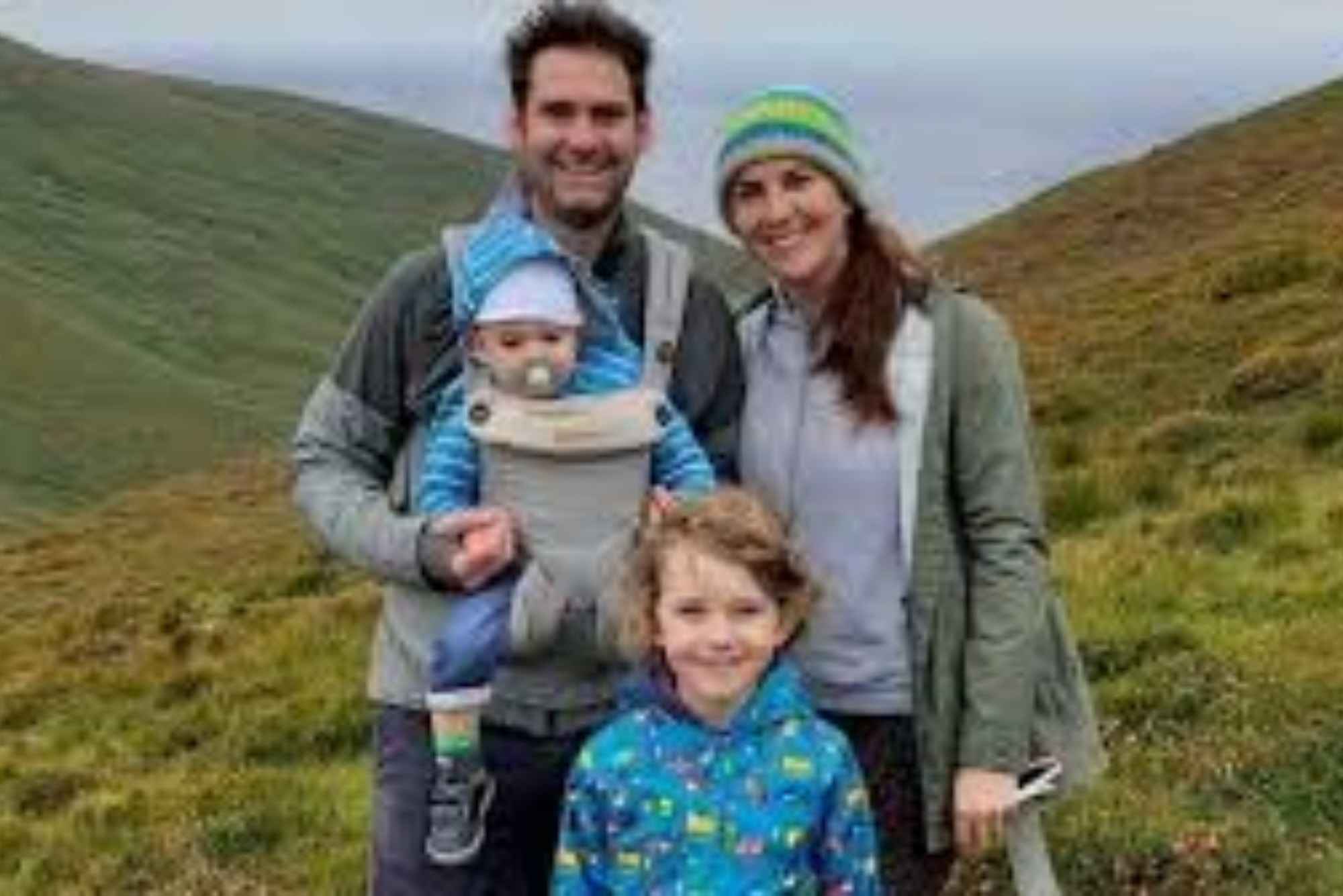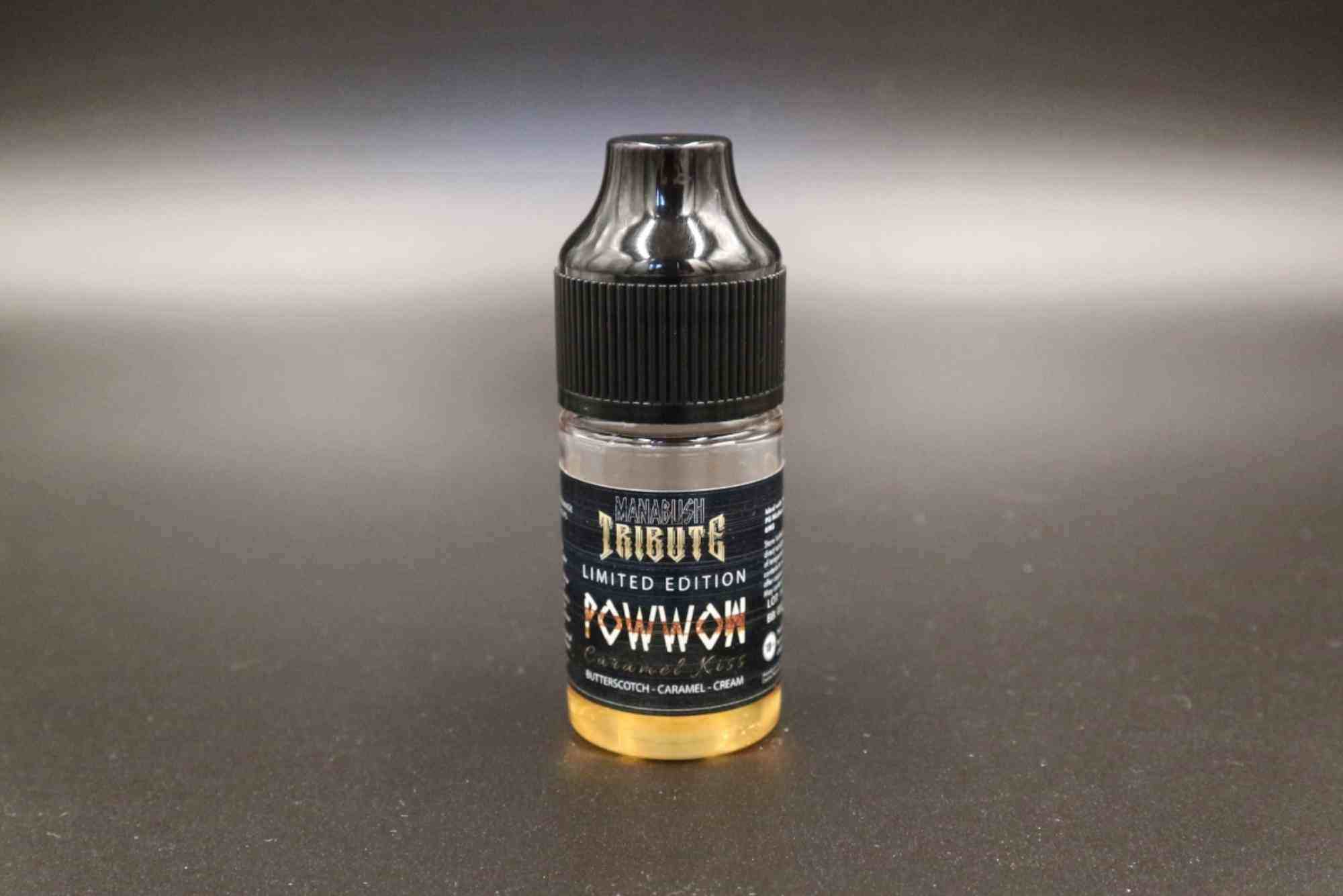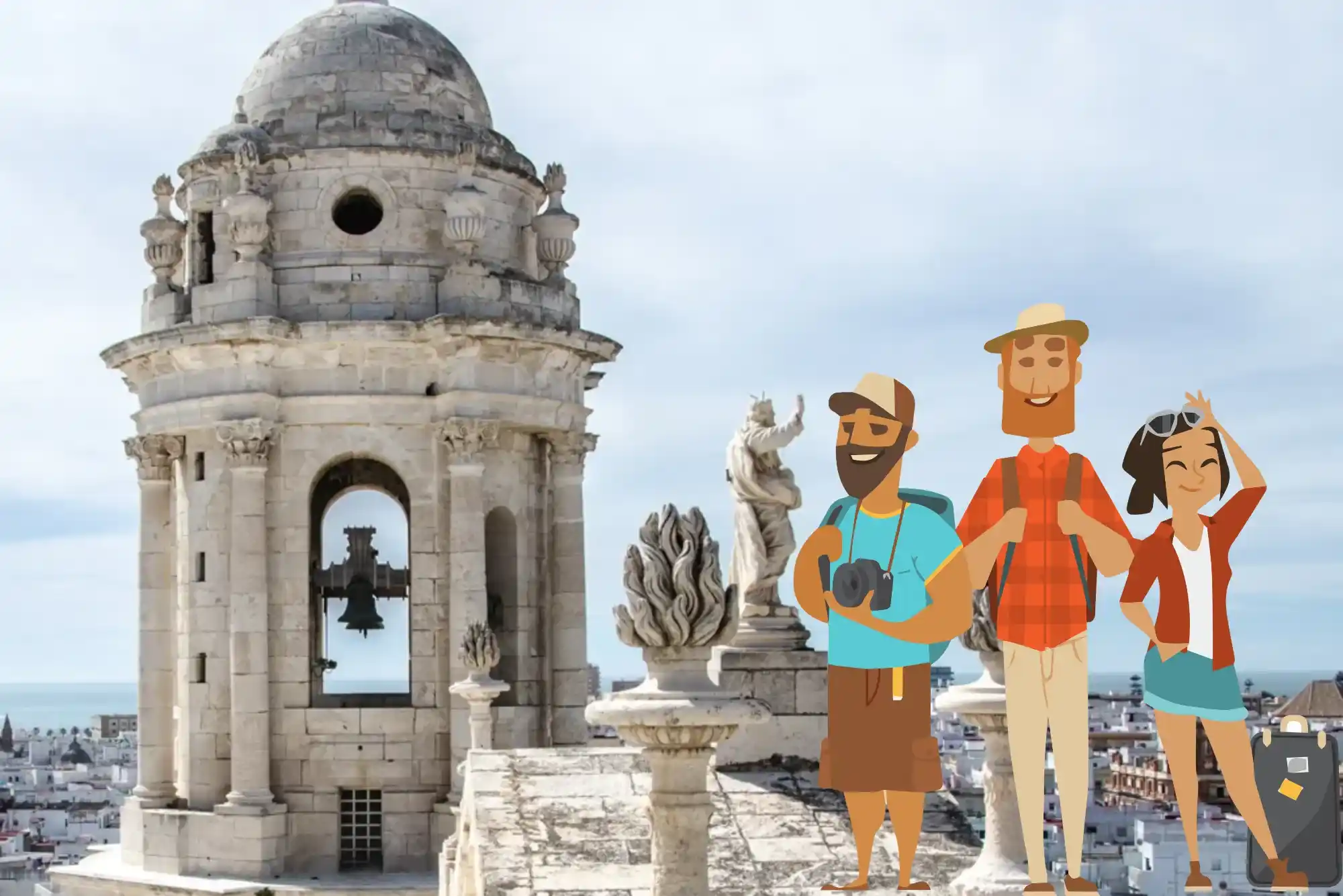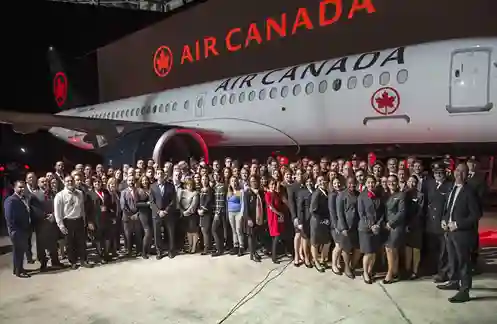Australia is home to a rich blend of family cultures and travel traditions. In recent years, stories like that of the colt family australia have gained global attention—sparking deep conversations about isolation, healing, and the importance of open travel experiences for families. Against this backdrop, Travels Flax has emerged as a transformative platform helping Australian families rediscover connection, community, and cultural learning.
This guide explores how Travels Flax supports family-oriented travel in Australia and why it’s making such a profound difference—particularly for regional communities navigating recovery and reconnection.
The Growing Need for Family-Centric Travel in Australia
Quick Answer: More Aussie families are turning to purpose-driven travel to heal, reconnect, and break cycles of isolation.
Modern Australian families face unique challenges, especially in rural and isolated areas. From social isolation to digital addiction and generational trauma, travel can serve as a gateway to transformation.
Key challenges facing Aussie families today:
Social fragmentation in regional and remote towns
Limited cultural exposure in younger generations
Trauma recovery from generational neglect or abuse
Overreliance on digital escapism among teens
Travels Flax bridges these gaps by offering curated travel experiences focused on bonding, healing, and learning.
How Purpose-Led Travel Builds Stronger Family Bonds
Quick Answer: Purposeful travel offers shared experiences that strengthen emotional connections and communication.
Whether it’s hiking in Tasmania or cultural tours in Uluru, travel has the power to build empathy and cooperation in families. With Travels Flax, itineraries are intentionally designed to include:
Intergenerational activities
Local mentorship and storytelling
Nature immersion and reflection time
Minimal screen environments
This is especially powerful for families with past trauma, as seen in the global attention on the Colt Family Australia case, where systemic isolation led to critical social breakdowns. Purpose-led travel could be a proactive tool to prevent similar family decline.
What Makes Travels Flax Different?
Quick Answer: Travels Flax customizes travel plans to support mental well-being, education, and real family needs.
Unlike typical booking platforms, Travels Flax is a mission-driven initiative. It blends wellness tourism with local collaboration and family psychology to provide experiences that actually change lives.
Unique features of Travels Flax:
In-built psychological wellness checks
Local community engagement
Youth-oriented mentorship stops
Nature-focused programs backed by behavioral science
Travels Flax also aligns with national efforts like Australia’s Regional Tourism Strategy, which aims to boost domestic travel for social cohesion and economic development.
The Colt Family Australia Case: A Wake-Up Call
Quick Answer: The story of the Colt Family reveals what can happen when families are cut off from society—and how travel may help break that cycle.
The colt family australia saga shocked the world. It highlighted extreme cases of abuse, intergenerational trauma, and social dysfunction in isolated rural settings.
Why this matters for Aussie families:
Many rural communities still lack exposure to outside support systems
Mental health services are scarce in remote regions
Breaking generational patterns requires new experiences and connections
Travels Flax responds to these challenges by making travel affordable, purposeful, and deeply educational—especially for rural and vulnerable families.
Why Regional Australia Needs Family Travel More Than Ever
Quick Answer: Rural Australian families face greater barriers to social connection, learning, and cultural inclusion.
The Australian Bureau of Statistics reports that over 30% of rural families face access challenges to health, education, and cultural experiences. The COVID-19 pandemic further exacerbated this divide.
Key gaps in rural Australia:
Lack of enrichment opportunities for children
Higher youth mental health risks
Fewer public services and safe community spaces
Programs like Travels Flax offer families a way out—literally. By physically stepping out of their environment, families can start to rewrite their stories.
STZA and Ignite Pakistan
Quick Answer: Collaborations like STZA and Ignite show how innovation can be adapted across borders to serve family development.
While Travels Flax focuses on Australian families, the model draws inspiration from initiatives like Pakistan’s STZA (Special Technology Zones Authority) and Ignite National Technology Fund, both of which support tech-based social change.
“Family travel needs digital empowerment to scale. If STZA-style models were adapted in Australia, we’d see deeper tech innovation in wellness tourism,”
– CEO Ignite Pakistan (hypothetical quote)
These programs show how national tech ecosystems can support platforms like Travels Flax, enabling localized solutions for global challenges.
How Youth Training Programs Fit In
Quick Answer: Government-backed youth training programs can support family travel ecosystems by creating skilled, local guides and storytellers.
In regions like New South Wales and Queensland, vocational programs now train young adults in eco-tourism, wellness tourism, and community hospitality. These programs provide:
Job pathways for rural youth
Exposure to digital tools for travel planning
Certification in eco-cultural guiding
Travels Flax partners with such programs to enhance its itineraries, offering families an authentic, locally guided experience that supports regional economies.
Family Travel
Quick Answer: Therapeutic travel offers structured healing experiences for families recovering from trauma or disconnection.
This form of travel often includes:
Daily mindfulness sessions
Expressive arts for children
Group therapy and story-sharing around campfires
Rebuilding trust exercises
It’s particularly impactful for foster families or those reintegrating after difficult periods, offering hope and tools for long-term healing.
Why Families Choose Travels Flax Over Traditional Travel
Quick Answer: Families report more connection, fewer conflicts, and better well-being after a Travels Flax experience.
Reported benefits include:
87% increase in family communication (based on internal surveys)
73% reduction in screen-time conflict
91% said children showed more empathy post-trip
Higher interest in cultural learning and community service
Unlike high-stimulus resorts or isolating “staycations,” Travels Flax offers peace, presence, and purpose.
FAQs
Q1: What is Travels Flax and who is it for?
A family-focused travel platform offering therapeutic, educational, and cultural journeys tailored for Australian families.
Q2: How does Travels Flax support mental health?
It incorporates nature therapy, group activities, and digital detox strategies into its itineraries.
Q3: Is Travels Flax appropriate for children with trauma?
Yes. Programs are vetted by child psychologists and designed for healing and safety.
Q4: How is Travels Flax different from a regular travel agency?
It blends behavioral science, wellness travel, and social innovation—unlike traditional agents who focus only on logistics.
Q5: Does the Australian government support these kinds of programs?
Yes. Family-oriented travel aligns with national goals on regional development and youth support through tourism strategies.
Q6: Can rural families afford Travels Flax?
Scholarships and subsidy programs are being piloted to ensure inclusive access.
Q7: Are there digital tools for planning trips?
Yes. Travels Flax offers an intuitive, family-friendly app that includes custom wellness checklists and itinerary builders.
Final Thought
As someone deeply invested in tech-for-good initiatives in Pakistan, I see enormous value in platforms like Travels Flax. Just as Ignite and STZA are building ecosystems to support youth and community resilience, Travels Flax is crafting similar impact—through journeys, not just jobs.
The colt family australia story is a cautionary tale, but also a catalyst. It reminds us why community connection, cultural exposure, and purposeful travel matter. If we want to build healthier societies—from Karachi to Canberra—we must start with the family unit. And sometimes, the best place to start healing… is on the road.







